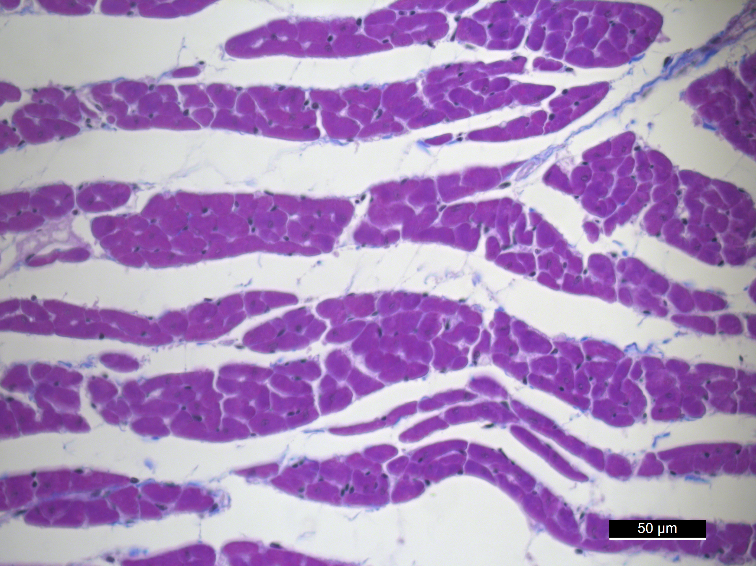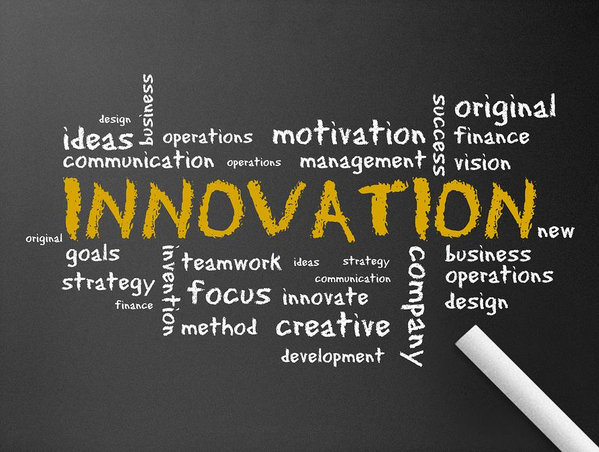
Online registration is now open!
Contact us:
e-mail: seds@nu.edu.kz
Tel: +7 (7172) 706423
+7 (7172) 694536

Biomedical Engineering is an interdisciplinary specialty that applies engineering principles to solve clinical problems. This discipline commonly deals with medical therapies, monitoring devices, and diagnostic tools. The contributions of biomedical engineering to society have grown rapidly since WW II. In fact, the Biomedical Engineering Society (BMES) recently listed the most prominent modern-day technologies and applications that have come about as a result of biomedical engineering. These include:
• Artificial organs, like pacemakers, hearing aids, synthetic blood vessels and hemodialysis systems
• Computer modeling of bodily systems, such as renal function and blood pressure machines
• Medical imaging, which includes MRIs, X-ray tomography, ultrasound, positron emission tomography and more
Other applications of biomedical engineering include biomaterials design, regenerative engineering, sports medicine, and advanced therapeutic devices. Furthermore, smart technologies are becoming significant in healthcare. For instance, smart technologies allow use of real-time analysis to assist doctors and physicians in diagnosing illness, but also in using analytics to assist with provision of care. Some of these capabilities may be present in machines or equipment designed by biomedical engineers.
Applicants applying to the Program are expected to have:
1. An undergraduate degree (Bachelor’s degree or equivalent).
During the application period final year students may submit official current transcript for consideration.
2. A minimum CGPA of 2.75 out of 4.0 (or equivalent).
3. High level of English proficiency.
The absolute minimum requirement for English language proficiency test reports for admission to the program is:
1) Overall IELTS test score of 6.5 (with sub-scores no less than 6.0) or the equivalent TOEFL score as posted on the ETS website;
2) Candidates with not sufficient IELTS score may be admitted to the ZERO-year program:
The absolute minimum requirement for English language proficiency test report for conditional admission (NUZYP) is an overall IELTS test score of 5.5, with no more than one sub-score of 5.0, or the equivalent TOEFL scores as posted on the ETS website;
3) Applicants, at the discretion of the Admissions Committee, can be exempted from submitting the language proficiency test report if:
- one of their earlier academic degrees was earned in a country with English as the language of official communication, academic instruction and daily life;
- an undergraduate and/or graduate degree was earned in a program which was officially taught in English.
4. strong reading, analytical and mathematical skills as demonstrated by GRE test (optional). Although an official GRE score is not an essential requirement, an applicant can enhance her/his application with a competitive GRE score;
5. High motivation and strong interest in the program as outlined in a statement of purpose;
6. A curriculum vitae;
7. Two letters of recommendation.
Application package checklist:
1. Complete Application form;
2. National ID (for the citizens of the Republic of Kazakhstan) and passport (for international applicants);
3. Official document confirming name change (if applicable);
4. Bachelor’s (or equivalent) degree diploma with transcript;
During the application period final year students may upload official current transcript for consideration.
5. IELTS or TOEFL certificate valid as of date of online documents submission;
6. Document confirming English as the language of instruction (only for applicants who earned their degree in a program which was taught in English and request an exemption from submitting IELTS or TOEFL).
Applicants should provide a detailed certificate/reference from the university indicating the number and list of subjects completed in English.
7. Curriculum vitae (up to 2 pages);
8. GRE/GMAT certificate valid as of date of online documents submission (if applicable);
9. Statement of purpose (up to 1 page);
10. Two confidential letters of recommendation (at least one academic reference) written within the last 12 months (to be provided by referees electronically or in hard copy after receiving an email request);
11. Consent for Applicant’s personal data processing (according to the template in applicant’s personal account).
Important:
All required documents indicated above (excluding letters of recommendation) must be uploaded by candidates to the Personal account before the indicated deadline.
All submitted documents shall be in English or with notarized English translation.
Submission of a complete application package does not guarantee admission to the Program.
Applicants recommended for admission must provide hard copies of all documents as requested by the Admissions Department within established period of time.
Applicants who obtained their degree diplomas/certificates from foreign education institutions must request their official transcripts to be sent directly to the University: 010000, Astana, Kabanbay Batyr Ave., 53, Nazarbayev University, Admissions Department.

Market Need:
Evidence of Biomedical Engineering is found everywhere in the innovation revolution that is currently underway in health care globally. In hospitals there is a plethora of connected devices; the instruments and machines in use have been designed and manufactured by engineers working in collaboration with practitioners, nurses, biochemists, physicists, microbiologists and technicians. Additional examples include pumps that administer drugs to patients, instruments that monitor heart rates, and scanning techniques like X-computed tomography and magnetic resonance imaging that produce detailed images of internal body parts. Biomedical engineering is also at the root of devices that monitor the heart, replacements for body parts damaged by disease or injury and systems with a capacity to regenerate tissues and organs.
Clearly, modern innovation in medicine and health care is deeply rooted in the creative genius of engineers. It is evident that Kazakhstan can also play a role in this innovation movement. If this were to happen, then the country can gradually become independent of the supply of modern medical devices and other equipment from western countries. More than that, Kazakhstan could use its potential to become a producer of contemporary products of biomedical engineering, and export such products.
Program Aims:
- A thorough grounding in the life sciences and mastery of analytical/ conceptual and critical thinking and problem-solving capacities, which are typical for engineering professionals.
- Familiarity with the problems of making and interpreting quantitative measurements of living systems.
- Capacity to set-up and conduct scientific experiments, and to analyze and interpret data from such experiments.
- The ability to formulate and solve problems with medical relevance, including the design of devices, systems, and processes to improve human health.
- Ability to communicate effectively with other scientific and technical experts, and –particularly- with physicians/clinicians.
- Ability to run or set-up a new enterprise in the field of biomedical engineering or medical device technology.
Program Learning Outcomes:
On successful completion of the MSc Program Biomedical Engineering, graduates will be able to:
- Integrate life sciences and engineering for research, development and innovation with the aim to enhance human health.
- To evaluate ideas, models and hypotheses using appropriate experimental, mathematical and statistical approaches.
- Master multiple instrumental, computational and biological techniques for experimentation and modeling.
- Think critically with the ability to appropriately analyze data originating from experiments and simulations, and to draw justifiable conclusions
- Recognize ethical issues, consider multiple points of view, and use critical ethical reasoning to determine the appropriate behavior to follow in the practice of biomedical engineering.
- Communicate effectively individually as well as in the team environment

Core courses
This course addresses the primary need for graduate students to undertake formal training that will help them in understanding how to conduct their research. The course will develop student’s understanding of research plan and engender skills enhancement for reading, interpreting, writing and presenting key ideas. The course will also instill an understanding of a variety of research methods and ethics, and implement appropriate strategies in lecture and workshop settings.
This graduate level course combines the application of rhetorical analysis to stylistic conventions of writing in engineering, with a focus on clarity, conciseness, and coherence. Students will employ process writing to produce genre specific writing familiar to engineers, including research reports, and scientific papers designed for specific audiences. This course also trains students to deliver effective and appealing professional and scientific presentations, with attention to best practices in use of technical English and oral communication.
This course reviews and deepens the advanced analytical and numerical methods to solve ordinary and partial differential equations. The whole course, lectures and tutorials, will be delivered through a mathematical software package capable of performing symbolical calculations.
The module is designed for graduate students to cover their research needs concerning mathematical modeling via analytical, semi-analytical or numerical techniques.
This course enables students to gain and apply basic research knowledge and skills to select their research projects in Biomedical Engineering. Course will provide to students a series of presentations intended to broaden their understanding of Biomedical Science and Engineering and to provide them with opportunities to interact with scientists and engineers in the field. Presentations will also be given relating to the development of the studentsʼ academic and professional careers. In addition to lectures, each student will prepare a research proposal (assessed by Lead Supervisor, Co-Supervisor and External Examiner) and present one seminar with her/his intended topic of research in front of panel of faculty (Supervisors and extra faculty) and MSc students’ audience.
This course intends to give students the opportunity to develop their Master Thesis research proposal and to develop a thorough literature review on their research topic in Biomedical Engineering. Student will prepare a research proposal (assessed by Lead Supervisor, Co-Supervisor and External Examiner) and present research progress report with her/his intended topic of research in front of panel of faculty (Supervisors and extra faculty).
This course intends to give students the opportunity to fully implement the research proposal and bring it to a conclusion. The course develops the knowledge and skills about planning and conducting independent research at an advanced level, critically analyzing research results, effectively presenting results to a wide audience, and effectively compiling the results in the form of an authoritative thesis.
The course “Biomaterials Science & Engineering” will present an overview of synthetic and natural materials, which are currently used in different areas of biomedical engineering. Structure and function of these materials will be discussed. Special emphasis will be laid on polymeric biomaterials such as polyolefins, poly-urethanes, biodegradable poly-esters and poly-peptides, and crosslinked hydrogel systems. Polymer biomaterials are nowadays encountered in almost all medical subdisciplines such as dentistry, orthopedic surgery, vascular surgery, gynecology, oncology and ophthalmology. Specific examples in these fields will be highlighted. The use of metals in biomedical applications (e.g., titanium and shape-memory alloys) will also be discussed. Furthermore, the concept of “biocompatibility” will be covered with regard to in-vitro and in-vivo applications of biomaterials.
The Biosensors course will provide an interdisciplinary view of biosensors, focusing on the technological aspects, as well as on implementation and applications, with elements of electronics, photonics, surface chemistry, and biology. The course will present electronic biosensors, optical biosensors, biorecognition and functionalization, and applications of biosensors
This course is designed to cover the most recent advancements in different areas of applications of tissue engineering. The topics in this course will include tissue engineering strategies such as i) compositional, structural and functional analysis of different tissues in human body, ii) design, fabrication and 19 utilization of scaffold biomaterials and iii) cellular engineering including cell therapy, drug delivery; as well as cell-biomaterial interactions. Recent advances and major problems relevant to tissue engineering will also be presented and discussed. Instructor will present relevant topics in the class and guide students when needed. The students should appear in the class as they will be presenting/discussing topics with their classmates. Each student will choose an area of application and advance her/his knowledge in the particular area of tissue engineering. More specifically, the topics in this course will include Research methodology, Recent Progress in Tissue Engineering, Biomaterials, Scaffold design and Manufacturing, Controlled Release, Bone Tissue Engineering, Cartilage Tissue Engineering, Tendon/Ligament Tissue Engineering, Dental Tissue Engineering, Skin Tissue Engineering, Cartilage-bone interface regeneration, Tendon-bone interface regeneration, Tissue Engineering Products in the Market.
The course will discuss the most important contemporary strategies and methods for controlled topical delivery of drugs in clinical practice. The course will focus on the use of advanced devices and biomaterials to achieve the aim of supplying drugs in adequate quantities to target tissues, during an extended time interval. Examples will be abstracted from oncology (e.g., local delivery of cytostatic and/or angiogenic agents to solid tumors), ophthalmology (e.g., delivery of drugs to anterior and posterior parts of the eye), pulmonary drug delivery, etc. Methods to achieve long-duration contraception will be discussed as well. Evidently, emphasis will be put on technical/engineering aspects, such as the use micropump technologies, use of synthetic hydrogel biomaterials in systems for controlled local drug delivery, use of drug-releasing micro- and nanoparticles, transdermal drug delivery, nasal/pulmonary drug delivery, and drug delivery from implanted devices, such as endovascular stents, subcutaneous contraceptive devices, and injected microparticles carrying and locally releasing antineoplastic cytostatic drugs. Master students will be expected to study, in depth, 5-6 recent scientific papers in the field of controlled drug delivery and to present the content of these works in a mini-seminar
The course will discuss contemporary medical devices including innovation and advanced technologies for healthcare, challenges and future opportunities. The focus of the course is on a design and fundamental technologies from both the medical and engineering perspectives. Course will present an introduction of medical devices (electrical and mechanical device) and procedures including. The topics include understanding the needs for specific medical devices, physiology, risks and benefits of medical device design and ethical issues. Examples will be abstracted from sensors, pacemakers, heart valves, implantable cardio devices, mechanical ventilators etc. This course will also cover biocompatibility testing and accelerated age testing of the devices. Course will consist of lectures, case studies and class discussion. There will be a brief oral presentation complete with PowerPoint® slides to the class.
Elective courses:
MBME 700 Strategies for Controlled Topical Delivery of Drugs
MBME 701 Microbiology
MBME 702 Diagnostic Methods and Clinical Chemistry
MBME 703 Medical Device Technology
MBME 705 Infectious Diseases and Antimicrobial Strategies
MBME 708 Biomedical Imaging
MBME 709 Mechanics of Living Tissues

| Year 1: Fall Semester (Semester 1) | ||
| TYPE | COURSE CODE & TITLE | ECTS |
| Program Core | MSC 601, Technical Communication | 6 |
| MSC 602, Advanced Applied Mathematics | 6 | |
| MBME 603, Biomaterials Science & Engineering | 6 | |
| MBME 604, Biosensors | 6 | |
| MBME 610, Anatomy And Physiology For Biomedical Engineering | 6 | |
| Year 1: Spring Semester (Semester 2) | ||
| TYPE | COURSE CODE & TITLE | ECTS |
| Program Core | MSC 600, Research Methods And Ethics | 6 |
| MBME 600, Research Seminar | 6 | |
| MBME 607, Advanced Tissue Engineering | 6 | |
| Elective | ELECTIVE 1 (Pick on from Electives Pool) | 6 |
| ELECTIVE 2 (Pick on from Electives Pool) | 6 | |
| Year 2: Fall Semester (Semester 3) | ||
| TYPE | COURSE CODE & TITLE | ECTS |
| Program Core | MBME 601, Master Thesis I | 24 |
| Elective | ELECTIVE 3 (Pick on from Electives Pool) | 6 |
| Year 2: Spring Semester (Semester 4) | ||
| TYPE | COURSE CODE & TITLE | ECTS |
| Program Core | MBME 602,Master Thesis II | 24 |
| Elective | ELECTIVE 4 (Pick on from Electives Pool) | 6 |
* Student can choose an elective course from other Departments in SEDS or Schools per approval of the advisor and the Head of Department. At least two electives should be taken from the MBME Program.
Program Elective Courses
- MBME 700, Strategies for Controlled Topical Delivery of Drugs
- MBME 703, Medical Device Technology
- MBME 705, Infectious Diseases and Antimicrobial Strategies
- MBME 708, Biomedical Imaging
- MBME 709, Mechanics of Living Tissues




